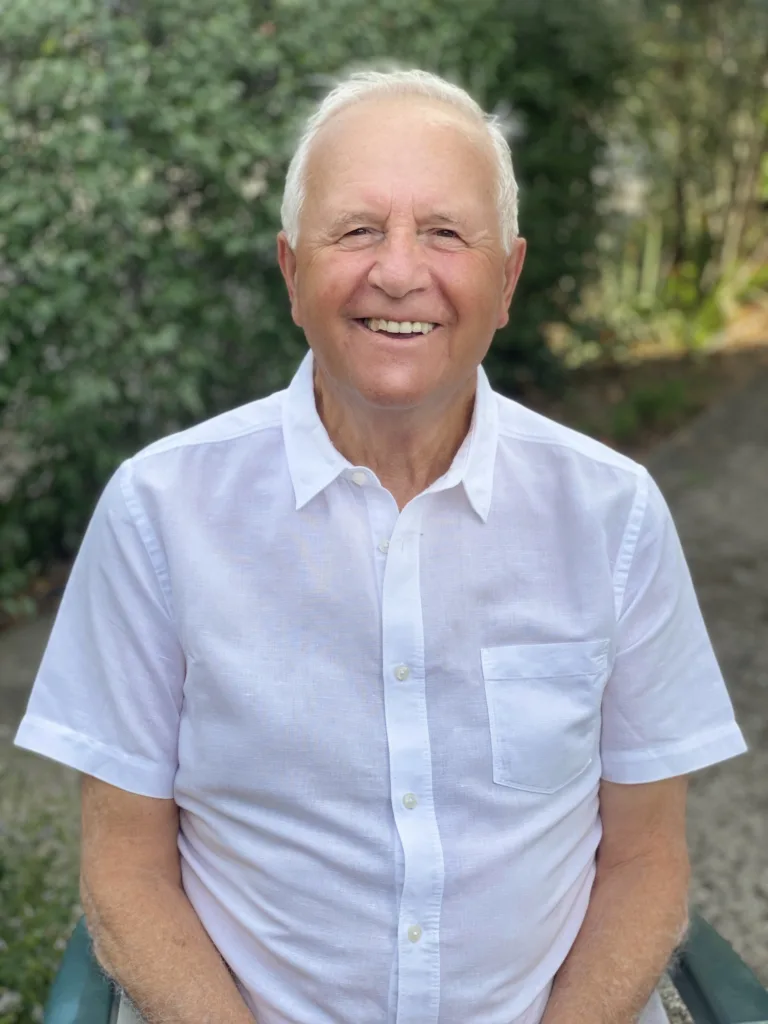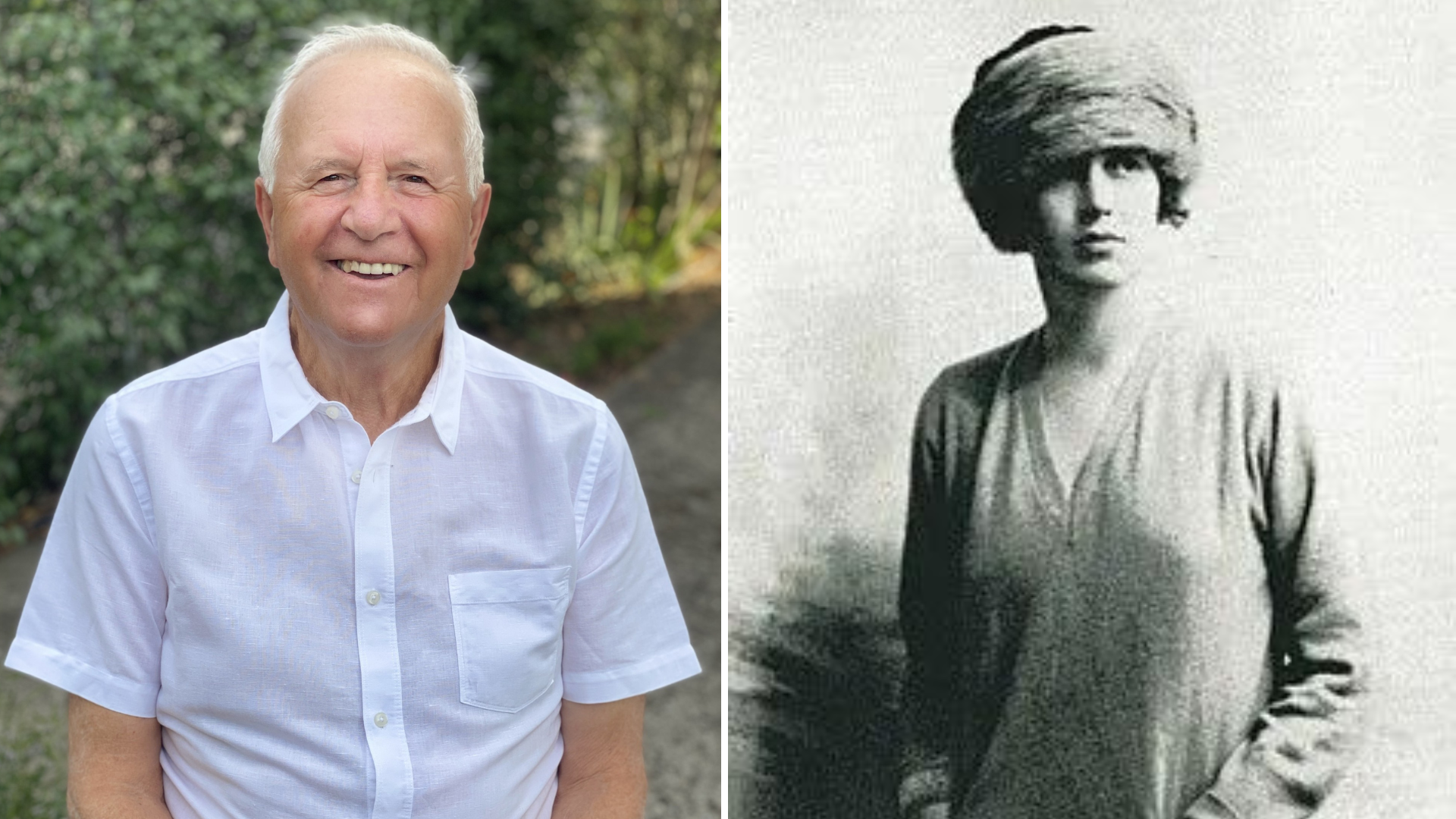Sociologist Dr Harry Ballis will deliver a fascinating lecture titled ‘Rediscovering Joice Nankivell Loch’ on Thursday, September 5 at 7pm, at the Greek Centre, as part of the Greek History and Culture Seminars offered by the Greek Community of Melbourne (GCM).
The lecture promises to offer a fresh perspective on the life and impact of Joice Nankivell Loch, a pivotal yet often overlooked figure in Australian history.
Dr Ballis’ exploration of Joice Nankivell Loch’s life began nearly a decade ago, driven by his research into his Greek ancestry and the broader history of the diaspora. His initial curiosity was sparked by Blue Ribbons Bitter Bread, a book about Loch that he came across through a colleague at Monash University. Although this book, framed as an extended autobiography of Loch, intrigued Dr Ballis, it also raised several questions.
“I first heard about Joice Nankivell Loch from a colleague at Monash University who knew I was researching my Greek ancestry and the expulsion of thousands of diaspora Hellenes, including my Yiayia Soultana, from Asia Minor in 1922,” Dr Ballis said.
“While Blue Ribbons Bitter Bread initially captured my interest, it also prompted many questions about both Joice Loch and the book itself.”
Dr Ballis found the book’s research lacking, noting its heavy reliance on a limited selection of letters and newspaper articles that often contradicted the original sources he uncovered.
“The book read like an extended version of Joice’s own ‘autobiography’ and seemed under-researched; it referenced only a few of Joice’s letters and a small number of newspaper articles,” he added.

In his upcoming lecture, Dr Ballis will share insights from his extensive search for primary sources and provide a detailed account of his rediscovery of Joice Nankivell Loch. His research has revealed discrepancies in the widely accepted narrative, offering a more nuanced and accurate portrayal of Loch’s contributions and significance.
“More importantly, the book presented a version of Joice Loch that often did not align with what I was discovering in the original sources. In this talk, I will highlight my search for primary sources and offer a brief summary of my rediscovery of this important Australian figure,” he explained.
Dr Ballis is a sociologist by training and completed his PhD at Latrobe University in 1992. He worked at Monash University for 25 years, lecturing in sociology of work and organisations, and on the sociology of health. Over the years he has held a variety of senior management roles at Monash University, including Head of Sociology, Head of the School of Humanities and Communications, was an Associate Dean for the Faculty of Arts and oversaw the arts program at the Gippsland, Berwick, and at the University’s Malaysia Campus in Kuala Lumpur.
He has published five books on themes ranging from the sociology of career change, the sociology of work, and the sociology of religion. He co-authored with Professor Roger Magnusson the controversial study, Angels of Death: Exploring the Euthanasia Underground (Melbourne University Press, and Yale University Press), that examined how health professionals carry out euthanasia in the absence of legal provisions.
The lecture will be held at The Greek Centre, located on the mezzanine level at 168 Lonsdale Street, Melbourne. This event offers a unique opportunity for attendees to engage with Dr Ballis’ research and gain a deeper understanding of Joice Nankivell Loch’s impact on Australian history.
Event Details
- Date: Thursday 5th September, 7pm
- Speaker: Dr Harry Ballis
- Topic: Rediscovering Joice Nankivell Loch
- Venue: The Greek Centre, mezzanine level, 168 Lοnsdale Street
This event is made possible through the generous support of the Ithacan Philanthropic Society.
